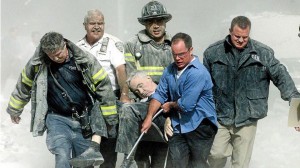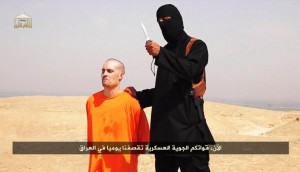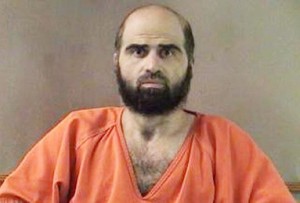The statement above was a snippet of a conversation I heard between two college students as I passed them in a hallway. One was asking the other about a question on an upcoming exam. I presume the question was something like “who was Aristotle?”. I have to wonder if the student gave the answer above, and the grade he received for it.
I teach at a community college. I’ve been teaching for eighteen years. Some of the things that students say or write will stop you in your tracks. Much of would be truly funny if it came from a small child. Hearing or reading it from a college student is a different matter.
I don’t enjoy throwing rocks at our nations public education system, but the current definition of a “quality” public education seems to have slipped a few notches in recent decades. Actually it has slipped alot. The freshmen I see every September are only three months out of high school. Their knowedge, or actually their lack of knowledge is truly stunning.
Sometimes their spelling and use of the English language is creative to say the least. One student wrote about receiving passed down clothing as “hammydowns”. Another wrote about crime in her area and about all the “roofless criminals”. Other students have written about being “lact toast and tolerant”, and described a verb as “past tents”.
It’s funny, but it’s not. We used to expect a certain level of knowledge from a high school graduate; today, not so much.
I wish it were simply the misuse of words; it’s not. These students seem to be missing any number of fundementals. At random in class one day I asked “how many pints in a quart?”. No one knew. “Okay,” I said, “try this: How many quarts in a gallon?” One student — ONE student, knew the answer.
One student accused me of being “old school” expecting them to know these answers, to have them memorized. After all, couldn’t they just simply consult their smart phone if they needed to know? Why burden the brain carrying around that useless information?
Young people today are addicted to their smart phones. A few years ago when I walked down a hallway between classes, it was filled with the noise of students talking to each other. Today, the hallways are nearly silent, even when filled with students. Each one seems to be entraced by their phone, sending or receiving some mysterious message that renders them oblivious to everyone around them. Student used to get to know one another. Today it seems they are too busy with their electronics to be bothered.
The phones are their crutch. Without them, who knows what might happen? This seems like an exaggeration until you hear a story like this:
A student told me that he and his mother went to a local mall, less than ten miles from his home. When they came out, his mother’s phone was dead because she had forgotten to charge it. His phone did not have a GPS function. They did not know how to get home. They had to sit and wait while his mother charged her phone enough to restore the GPS. Ten miles from home, and they were lost. I learned that many of my students rely on their GPS devices to get them virtually anywhere away from their immediate surroundings. Without the technology, they are lost — literally. How is it even possible that we are a nation where families crossed the entire continent in covered wagons and a college student today gets lost ten miles from home?
I sometimes feel like I am belaboring this, but I see this sort of thing in my classrooms constantly. If recent high school graduates cannot do simple math without a calculator, and can’t find their way home from the mall, what the hell is going on? I find it enormously frustrating that aside from an occasional article I run across on this subject, most of us seem unconcerned. If our children are learning less and less in school, and are becoming addicted to electronic devices, shouldn’t we all be waving red flags? Apparently not.
Here’s what I know from observation: The majority of the students I see having the following difficulties:
1. They cannot do any sort of “difficult” math in their heads. This includes basic multiplication (9×12) or division (72/8). Simple addition (12+16+90) causes them to stumble. Most basic math requires they reach for a calculator.
2. Simple English; spelling, homonyms, defintions are difficult for them.
3. They have no inkling how government works. They cannot name the branches of government, how a bill becomes a law, or virtually any current elected officials outside of the President and Vice President.
4. Geography eludes them. States and capitols, forget it. Foreign countries, no clue. Even directions and distances befuddle them.
I could go on and on. They have virtually no knowledge of history; hardly a smattering of science, and most of them never read a book.
This is a generation who can send hundreds of text messages and “selfies” every day, but know almost nothing about the world around them.
So who is responsible for this mess, and why does no one seem to care?
The students would tell you they were not “taught” most of these things in twelve years of education. The teachers would say of course they were taught these things. The parents who tell you they don’t know or care. The teacher unions would tell you that kids today are getting the best education ever, they just need more money. The politicians would tell you all is well; just pass more legislation regulating the classroom and import more foreign workers to do the jobs Americans won’t (or can’t) do.
So who’s to blame? No one. Everyone. I just know these kids today know far less coming out of high school than I did coming out of eighth grade.
Bringing this back full circle, maybe Aristotle was just a Greek “dude” who thought about “stuff”. Maybe that “stuff” isn’t important to learn anymore. Maybe I’m just old and cranky. But when I see these kids every week and speculate on their futures, I don’t feel angry, I just feel sad.




